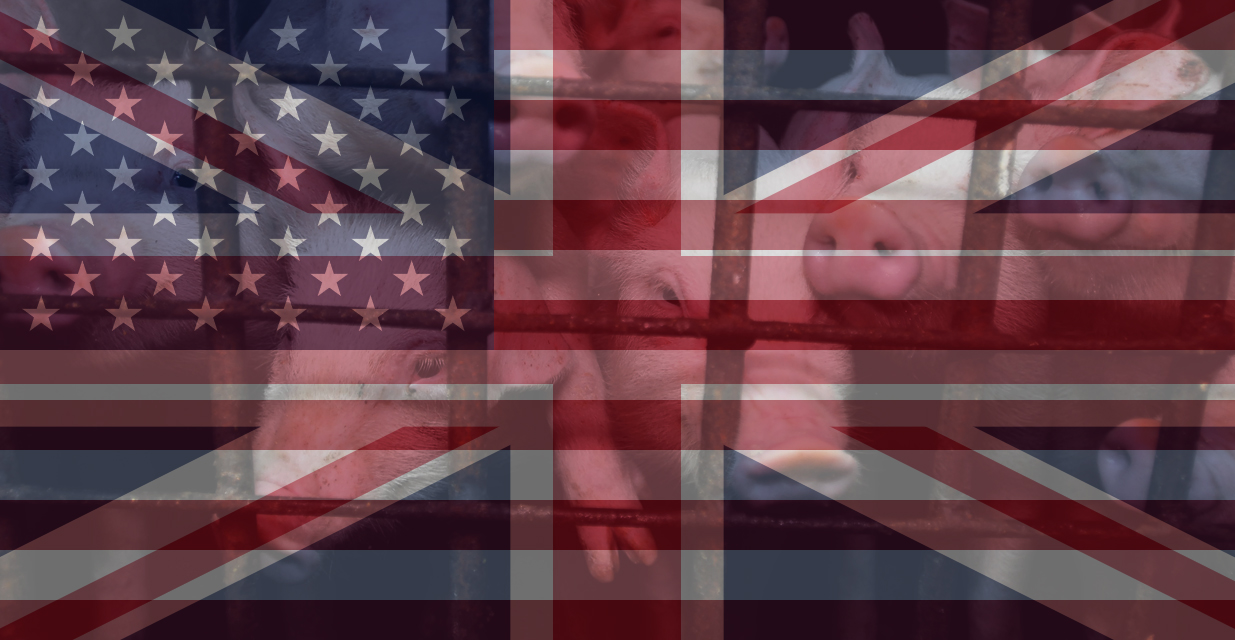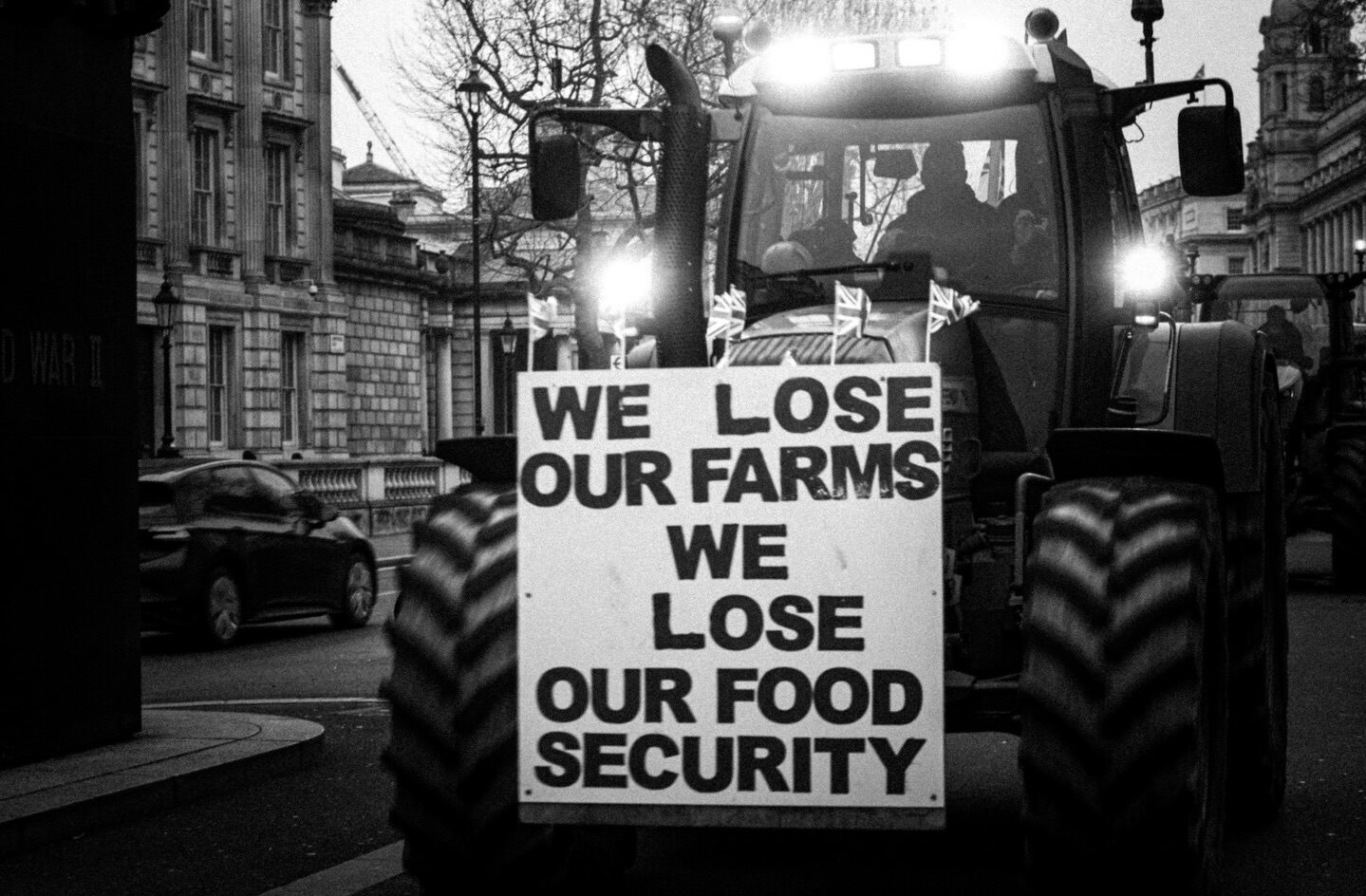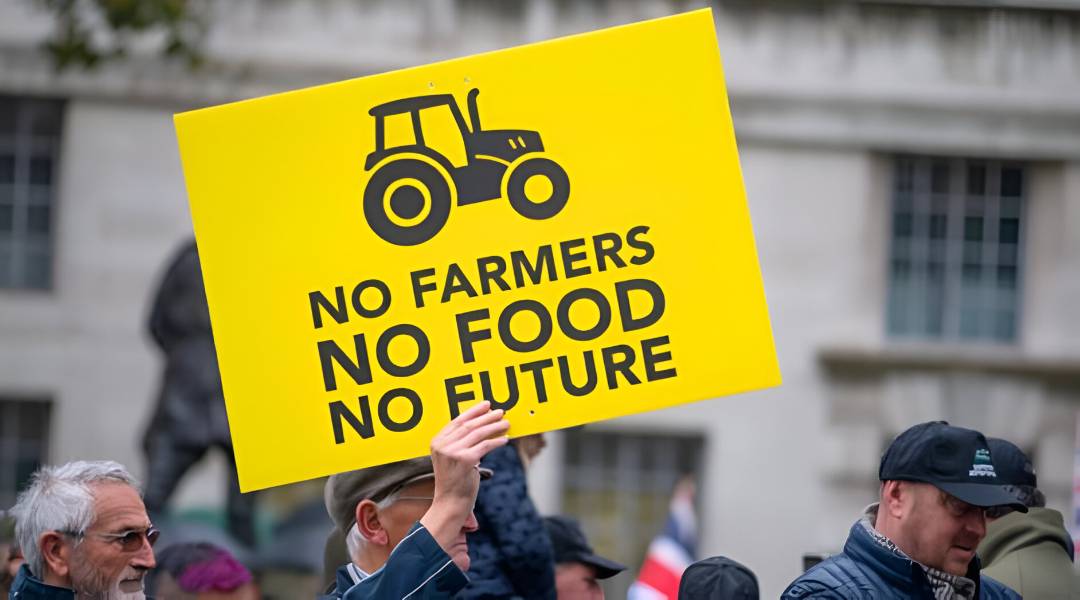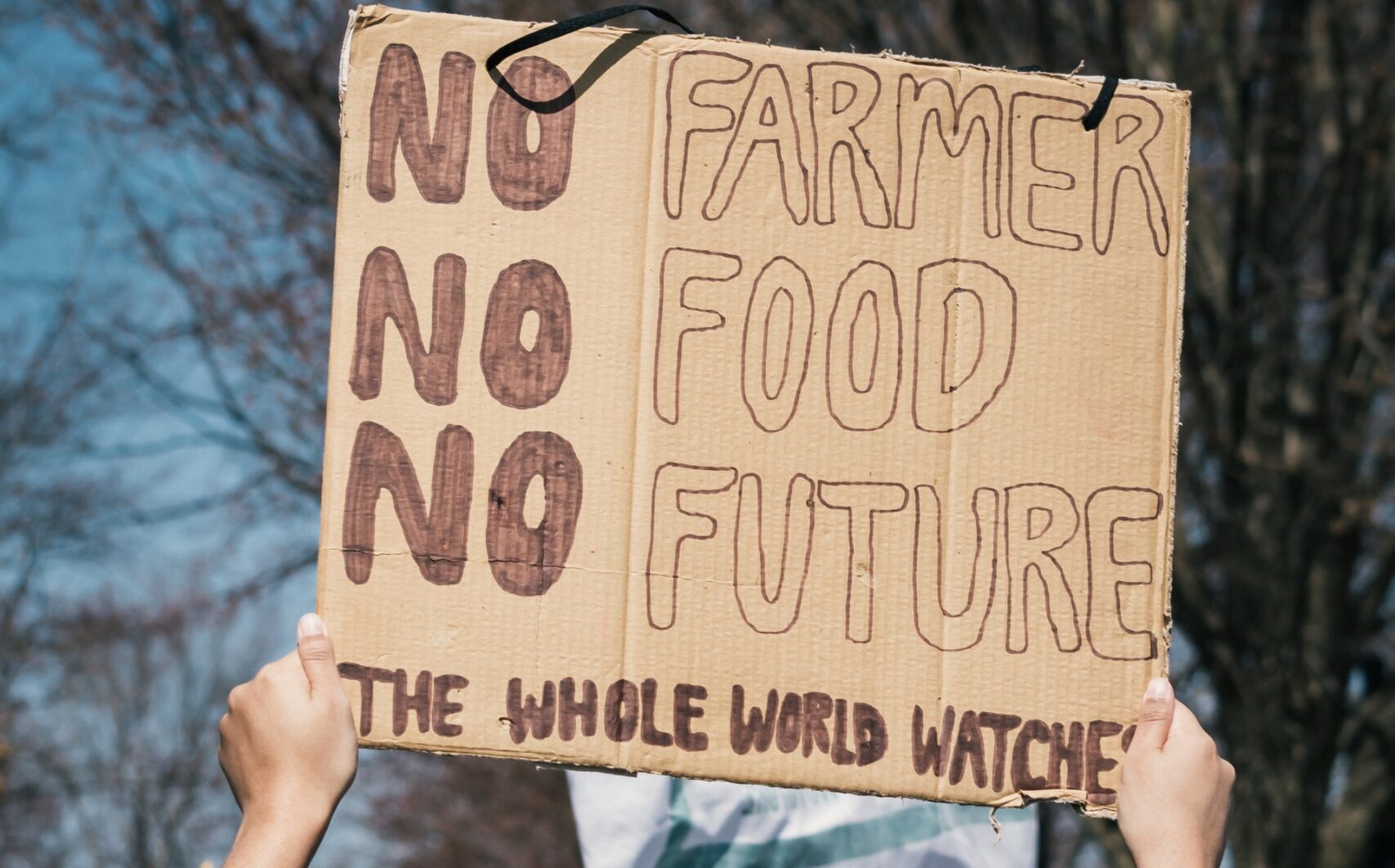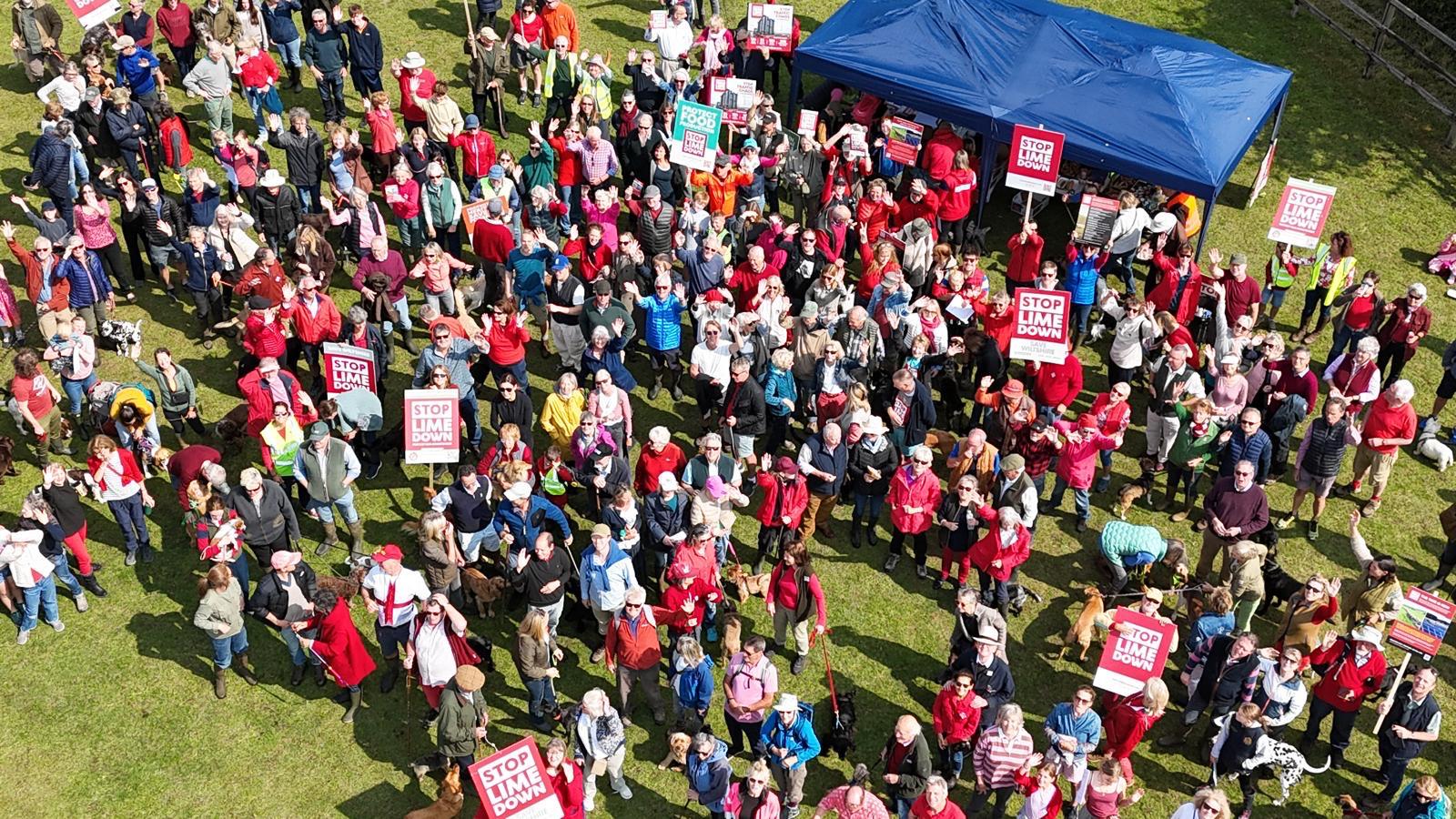This week, many in the Lords backed Amendment 271 in yet another attempt to enshrine UK agriculture import standards into law to ensure that imports of agricultural produce and food are required to meet domestic standards. We also congratulate these Lords who see it as an opportunity to encourage any country that wants to trade with the UK, to ramp up their food standards. Globalists like Tim Smith, on the advisory Trade and Agriculture Commission, think such amendments are unnecessary as present UK food standard laws will suffice. In response, Lord Grantchester – former chairman of one of the UK’s largest milk and cheese businesses, so knows a thing or two about import/export standards and tabled the important amendment -states that he; “[doesn’t] believe that provisions contained within the European Union (Withdrawal) Act 2018 are sufficient to safeguard against future regulations, under the Specific Food Hygiene (Regulation (EC) No. 853/2004) (Amendment) (EU Exit) Regulations 2019 and others, which could dilute UK standards.“
As many substandard practices are presently banned in the UK on the grounds of risks to human health and not the health and welfare of the animal, it is questionable that food standards would be sufficient to safeguard British farmers against an import onslaught of poor animal welfare standards. As this debate blazes on between ‘protectionists’ and ‘free-traders’, below are some of the key disparities of pig production standards between the US and UK.
- Ractopamine. The drug increases the growth of the pig by 18% and has been banned in 160 countries including the EU, Russia and China. Pigs in the US are routinely injected with this drug that causes hyperactivity, trembling, broken limbs, inability to walk and even death. The drug is a cardiac stimulator and causes anxiety in humans. “If we were to import such pork [treated with ractompamine] it would be tantamount to exporting animal cruelty.”
- To stop boar taint, in the US it is legally permissible to castrate male pigs with no anaesthetic. This procedure is painful and piglets show a sense of distress for weeks.
- In the UK Journey times for livestock is capped at 12 hours (already far too stressful for the animals) whereas in the US, it may be up to 28 hours. During COVID, the Trump administration has increased the number of hours haulage workers may drive at any one time.
- In late March, the US Environmental Protection Agency (EPA) stopped policing pollution—meaning it would no longer fine food plants and fertilizer factories for excessive air emissions, or chicken and pig farms for unsafe run-off.
- Sow stalls, also called gestation crates, are tiny cages, so narrow the sow cannot turn around, and can only stand up and lie down with difficulty, In the US, (except in some states) sow stalls are permitted for the whole of her 16-week pregnancy. In the EU, they are limited to 4 weeks and banned in the UK on animal welfare grounds.
- Estimates of antibiotic use in different livestock species in the UK and the US, in terms of mg of active ingredient of antibiotic per kg of Population Correction Unit (mg/kg):

Source: Alliance to Save Our Antibiotics. (2020) USA Farm Antibiotic Use: A Threat to UK Standards?
Today’s globalised, industrial meat industry is out competing small scale farms and laying the blame of diseases like African Swine Flu (ASF) on backyard pig farms despite the fact that the vast majority of pigs that have died from the ASF pandemic were reared on factory farms. The primary vectors in the spread of the disease include meat processing plants, the movements of live pigs and animal feed supply chains controlled by large pig farming companies. Some Russian regions have started giving piglets to citizens free of charge in order to mitigate the negative impact of COVID-19 and lockdown on people’s access to protein. If there is growth of backyard pig populations, it will be against the trend of the last 20 years, in which the backyard pig population in Russia and across the world has steadily been declining.
Some good news in the world of divesting from Big Agriculture; JBS, an American company behind much of Amazon’s deforestation, has been dropped by one of Europe’s largest investment funds. Public opinion and pressure does make a difference.
In the latest of our videos championing local farmers and high welfare meat producers, we heard from Paul Grout who runs MEAT Butcher and Delicatessen, North London. Most of his pork comes from Plantation Pigs in West Sussex where the pigs are free to roam on the South Downs. To help tackle hour long cues from the increase in popularity of their local produce, they have set up a delivery and prepaid service that continues to thrive post lockdown. Long may this enthusiasm for the work of our precious skilled local small scale farmers, slaughter houses and processors continue.
#RootingForRealFarms – MEAT N16
Share This Article
Related ArticlesView All
Protect UK Farmers from Low Standard Imports
The purpose of our newsletter is to give you important information that is censored in the mainstream media. “The way… Read More
Protectionism vs So-Called Free Trade
The purpose of our newsletter is to give you important information that is censored in the mainstream media. “The way… Read More
Find A Farmer
The purpose of our newsletter is to give you important information that is censored in the mainstream media. “The way… Read More
Zionist Money Rules
The purpose of our newsletter is to give you important information that is censored in the mainstream media. “The way… Read More
The Price of Progress
The purpose of my newsletter is to give you important information that is censored in the mainstream media. “The way… Read More
Silencing Dissent Through Fear
The purpose of my newsletter is to give you important information that is censored in the mainstream media. If you… Read More
